Connecting student well-being leaders in Canterbury
3 July 2020
Written by Head of Well-being, Kerry Larby
Our student Well-being Committee is a group of Year 9–13 students who meet weekly to discuss strategies to promote and support well-being at St Andrew's College. In lockdown, the committee had meaningful online video conversations to replace our face to face meetings at school. It was a poignant time to consider what COVID-19 could mean for adolescent mental health both in the short and long term. At that time, there were (and still are) a lot of unknowns. And with uncertainty comes pressure – what actions do we need to take to make a difference?
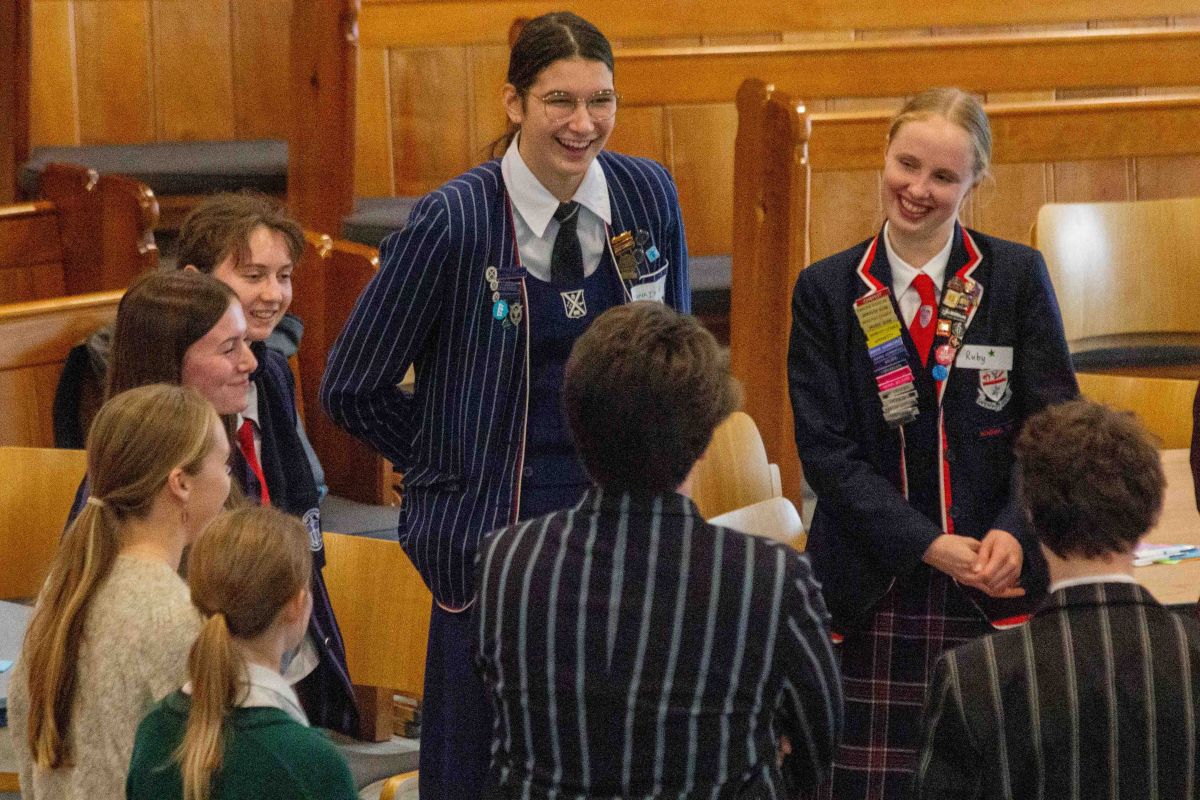
In one of our conversations, our student leaders expressed a need to broaden their discussion so they could problem-solve with other well-being leaders in Canterbury schools. They were curious to know what was happening outside of St Andrew's College.
On returning to school, our Heads of Well-being, Manaia Butler and Marshall Setu (both Year 13) put their ideas into action and took steps to organise a student conference. From the onset, they were determined that this wasn't to be a traditional conference where students listen to experts speak. Instead, they wanted to create a space where teenagers from different schools could talk and collaborate. It was to be all about student voice – a conversation.
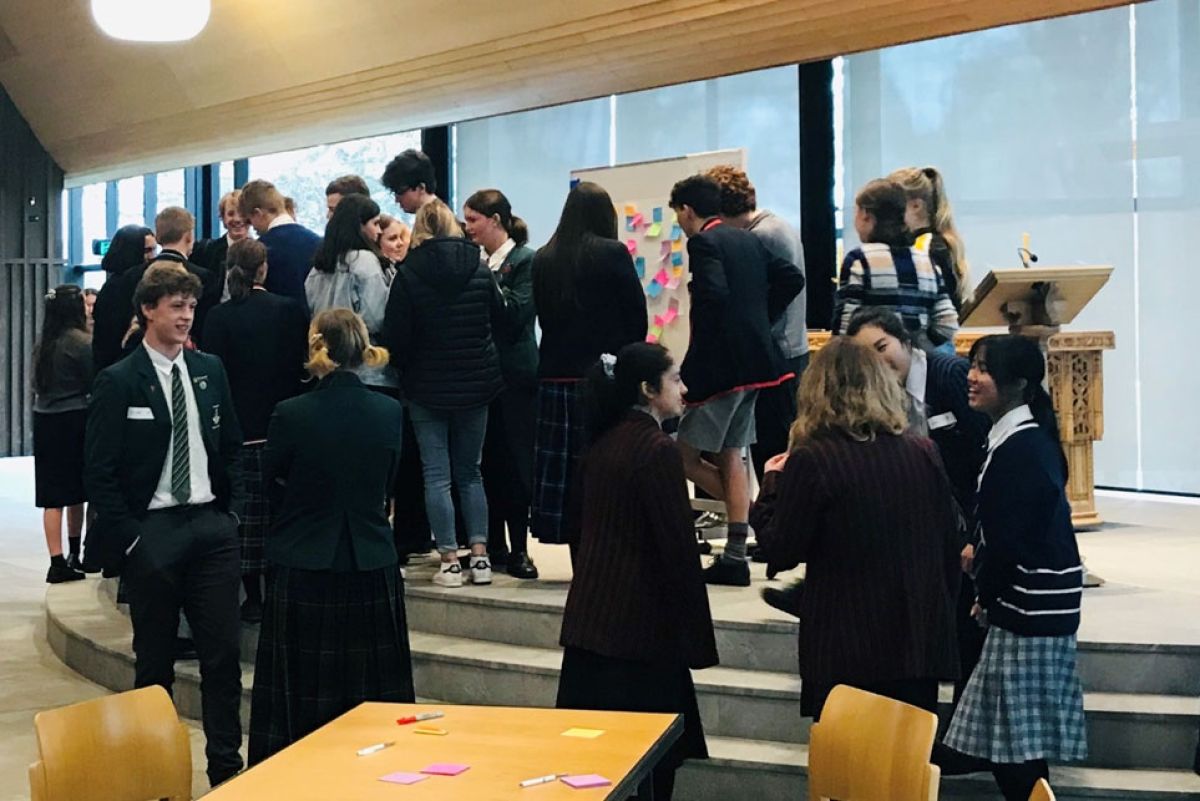
Appreciative inquiry
When considering how they would structure the event, our students were inspired by the work of David Cooperrider and wanted to use his appreciative inquiry structure. Appreciative inquiry (AI) is a process where generative questions are used to inspire positive energy and change. The model assumes that the questions we ask are fateful and have the power to focus our attention in a particular direction. As an approach, AI generates enthusiasm, collective capacity, and self-determined action by asking strength-based questions. You can read more about this process here.
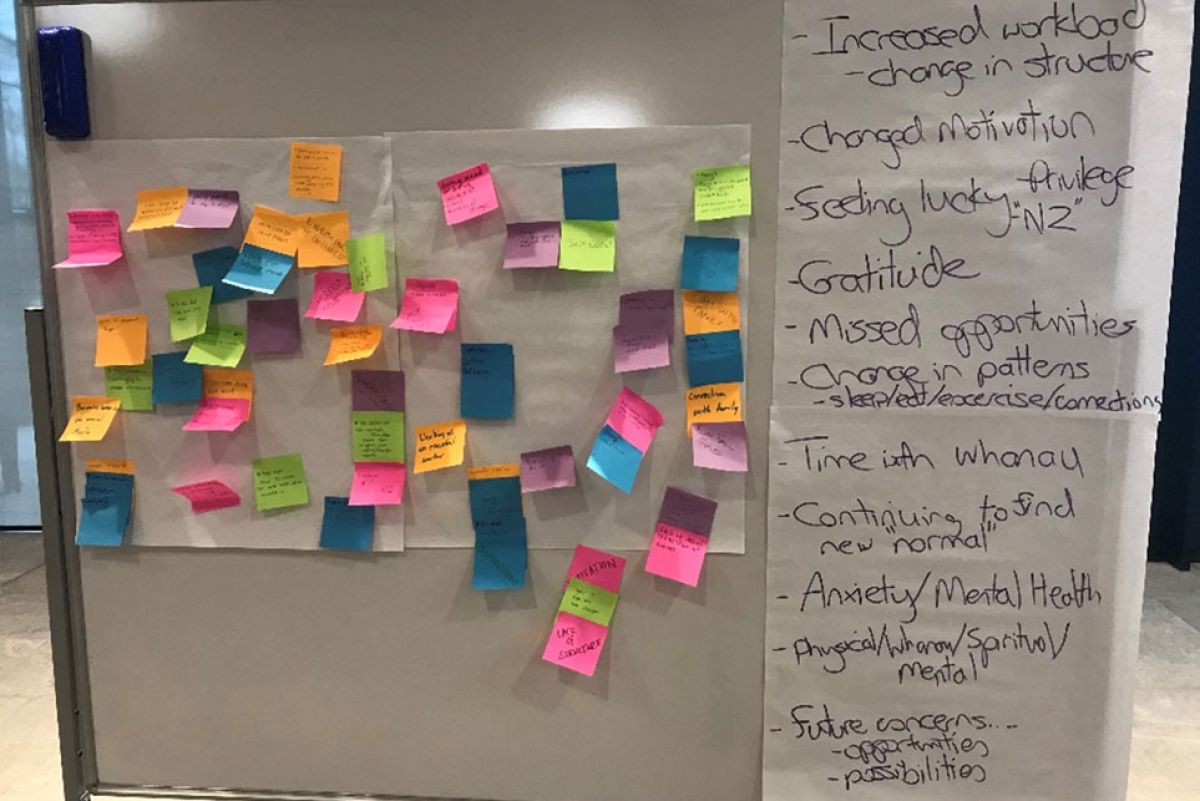
Manaia and Marshall were fortunate to be well supported in their planning of the event. Educational consultant, Greg Jansen from Grow Waitaha responded to their request for help with open arms. He met with them several times to share his expertise in managing change in education. Our Head of Guidance, Tom Matthews, was also passionate about sharing his knowledge in facilitating an appreciative inquiry process. Both of these men lead from their hearts. At every stage of the process, they listened, were careful not to make assumptions, and valued the power of student voice and agency.
The power of connection
Our student Well-being Committee were overwhelmed with the support they received from other schools. Close to 50 students from over 20 schools in Canterbury registered for the event. The support affirmed Manaia and Marshall's hunch that young people want to collaborate and that schools want to provide opportunities for their students to be agentic. On arrival, the students made warm connections and enjoyed the opportunity to meet people who shared a similar passion and purpose.
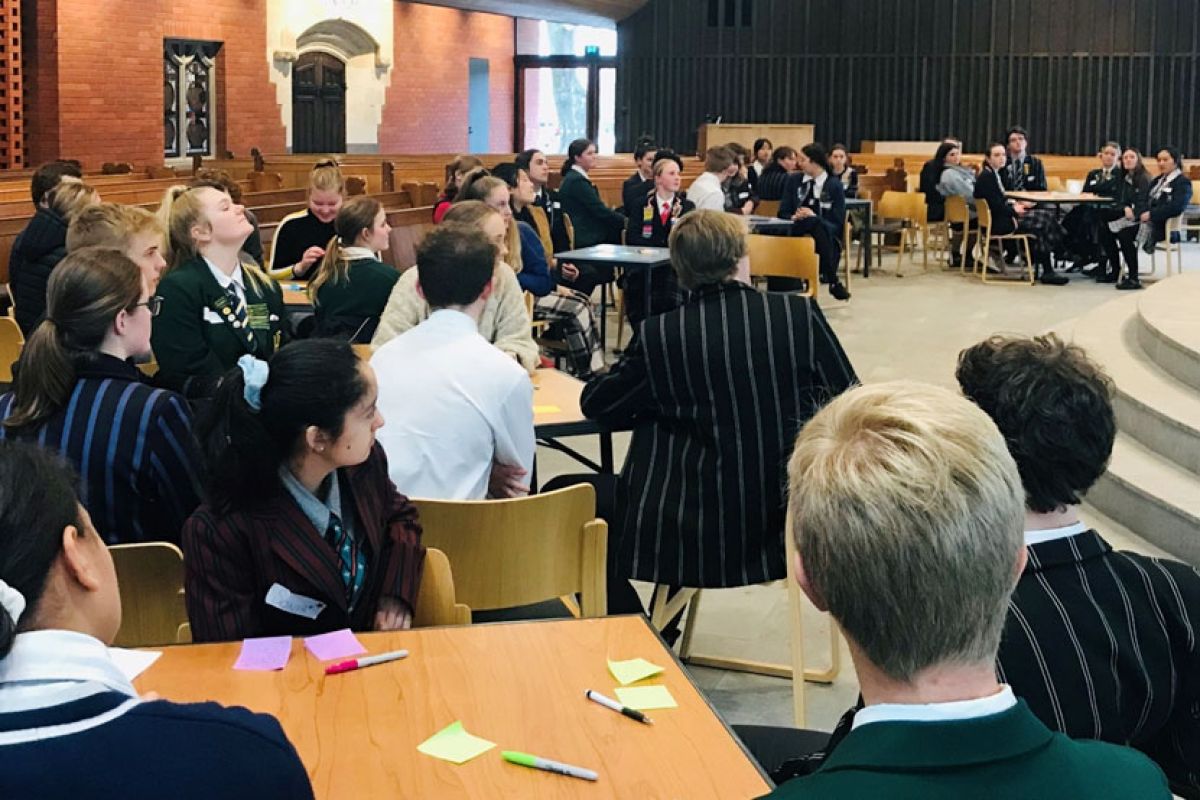
Throughout the afternoon, students formed cross-school groups and, through telling stories to each other, answered three big picture questions. I had the privilege to sit back and watch the process unfold and was in awe of the insight, maturity, and knowledge in the room. There was no doubt that these students are agents of change.
In this blog post, I wanted to share the main themes that emerged from their discussions.
How has the global pandemic affected young people?
time to connect with whānau;
relapse in pre-existing anxiety, depression and eating disorders/over-eating;
disappointment from missing opportunities;
worry around how opportunities in the future might change;
changes in patterns related to sleep, exercise and connecting with others;
feeling grateful to be in New Zealand;
more awareness around the importance of holistic well-being;
changing to online learning was stressful and meant an increased workload;
an appreciation for things we took for granted before lockdown;
the transitions felt weird;
changes in motivation and shifts in values.
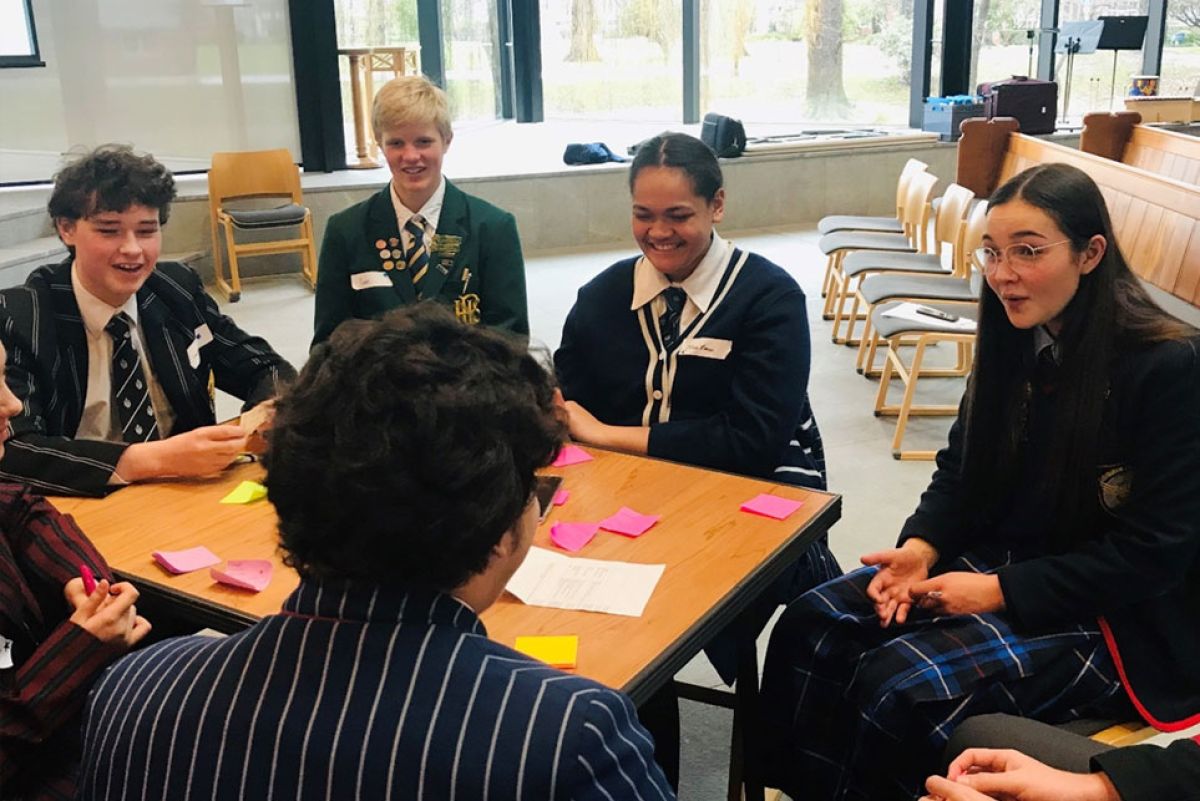
What has worked to maintain our well-being?
having the autonomy to create my own routine and manage self;
more physical activity and sleep;
opportunity to develop self-awareness away from external influences;
opportunity to gain clarity about values – who and what matters most;
having alone time to recharge;
having more balance in life and time for self-care;
letting go of what you can not control;
connecting with friends and family;
learning new things and time to do things you enjoy and are motivated to do;
appreciating the small things;
support and understanding from teachers.
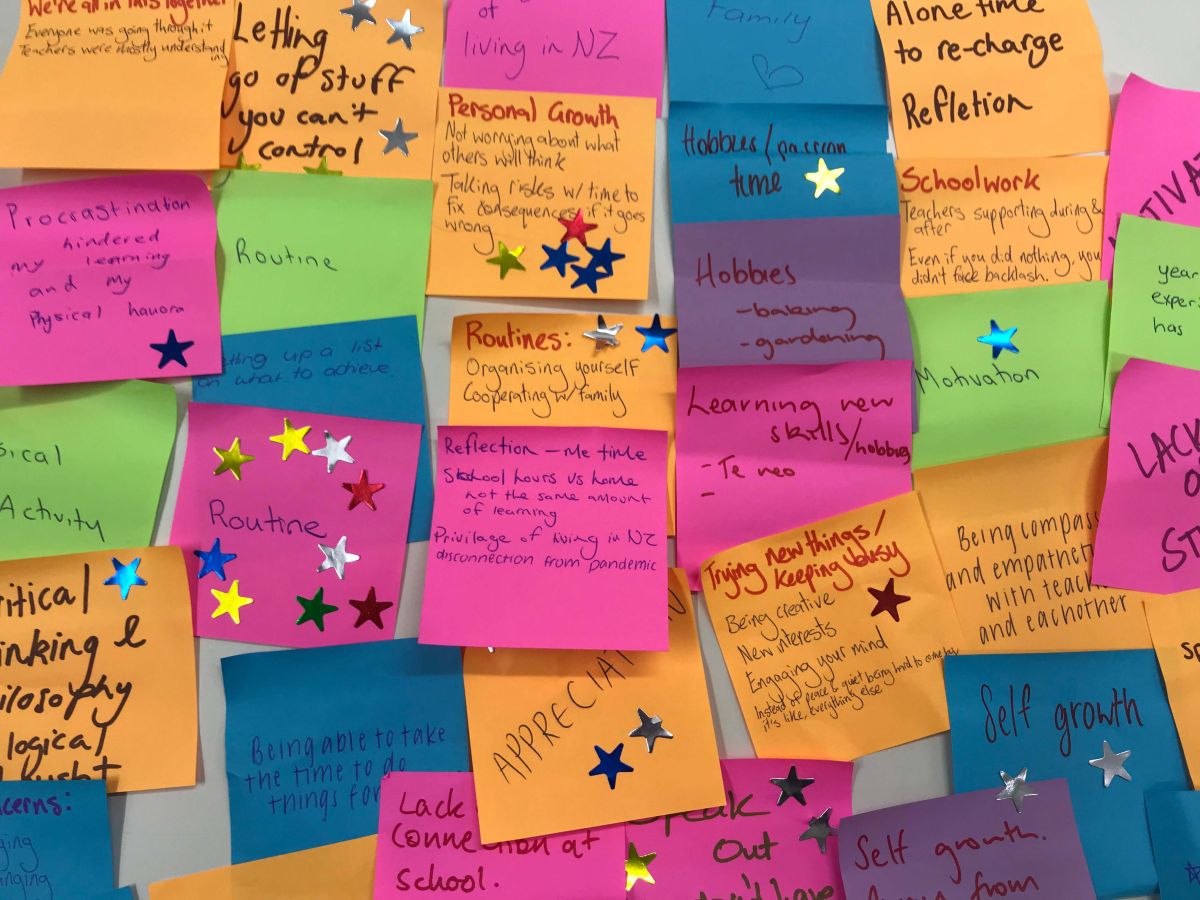
What actions could we take in the future to make a difference for student well-being?
teach well-being and relevant life skills in the curriculum;
change culture in schools so that it is okay not to be okay – normalise conversations about mental health;
cross-school connections – build connections between well-being committees in Canterbury schools;
explore ways to build autonomy and more self-directed learning opportunities;
lowering expectations so that grades aren't everything;
consider strategies to build supportive connections with peers and teachers.
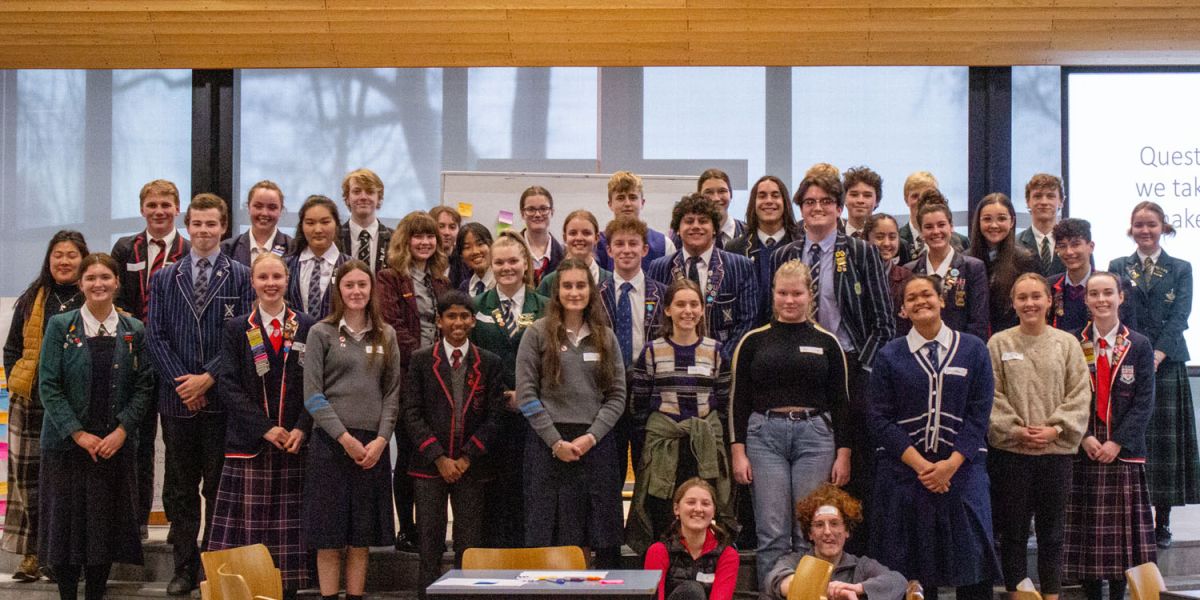
The students left the afternoon buzzing. They have set up a Facebook group to continue the conversation. A tangible next step is planning another meeting to connect next term, and several schools are already excited to host the next session. Both Tom and Greg are keen to continue their support.
In their report about schools with good well-being practices, ERO emphasise the importance of student agency and voice. You can read a blog post about our perspective on student agency here. As far as well-being is concerned, we know that our students' views, ideas and decisions need to be sought and valued, through having opportunities for leadership and decision making. And how wonderful if our young people are collaborating and sharing diverse experiences across schools. I wonder what possibilities exist in cultivating collaboration at this level?
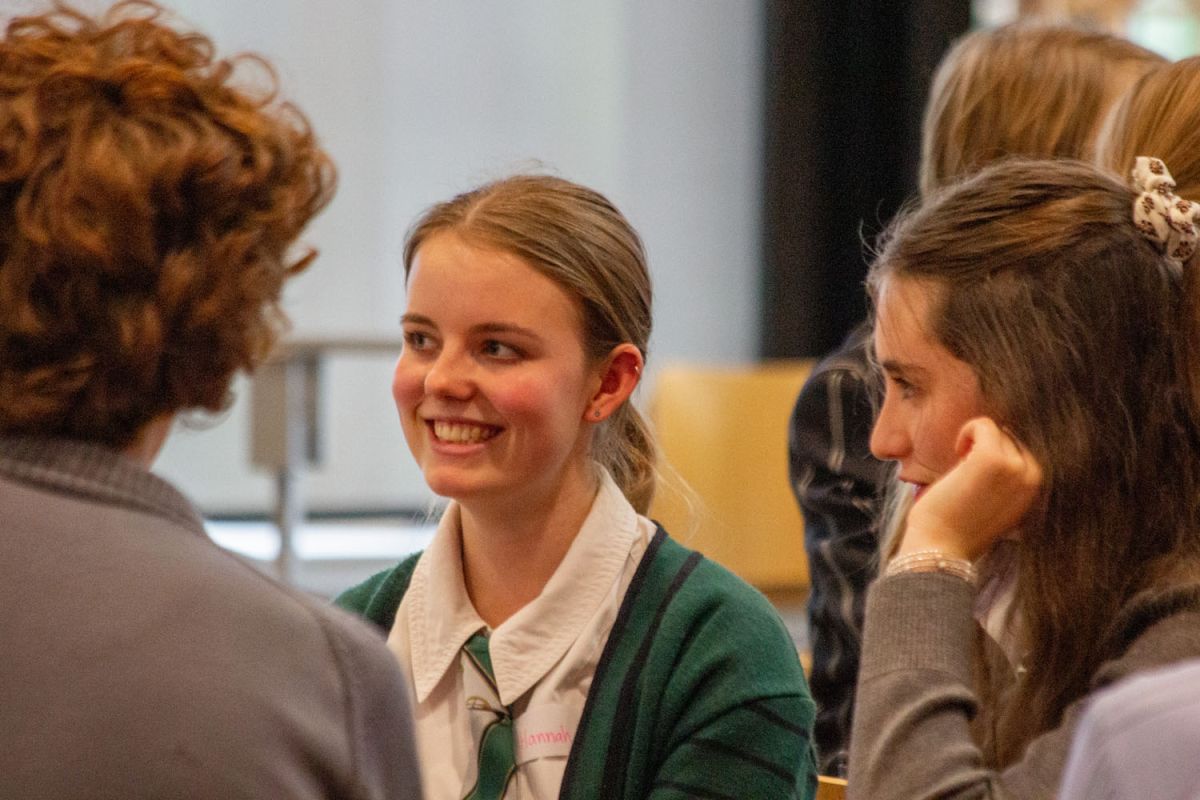
This quote from Alma Powell reminds me of the vital role student agency can play in building young people who will have the confidence to contribute their strengths to the world.
When young people discover they can be agents of change, wonderful things happen. They start to serve in the neighbourhoods, learn about public issues, create innovative solutions to tough public challenges and eventually become the voters, community project builders, and leaders in our communities and nation.
Alma Powell
Related Posts


